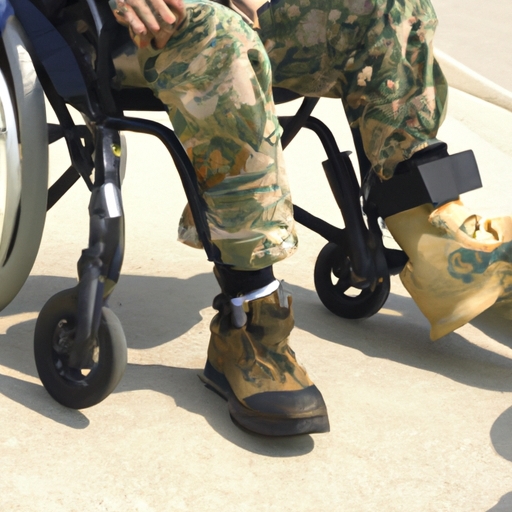Making an armed forces compensation claim can be a long and arduous process. It is important to explore all sources of support, advice and guidance available to help you make the best possible claim. There are a variety of (unconventional) routes you can take in order to gain further assistance, such as reaching out to military charities or solicitors who specialise in this area.
Moreover, there are campaigns dedicated to boosting awareness of armed forces compensation claims and offering additional support for those making them. These include The Armed Forces Compensation Scheme Support Group and the Claimants’ Voice Support Network which provide invaluable information on how to make successful claims for those affected by injuries sustained whilst serving in the military. Additionally, these organisations have representatives that can be contacted directly for one-on-one advice and further guidance.
Additionally, there are several advisory services that offer free legal aid exclusively for members of the armed forces community seeking to make claims related to service-related injuries or illnesses. For instance, Soldiers', Sailors' & Airmen's Families Association offers bespoke advice tailored specifically towards veterans and their families who have been affected by physical or mental health issues due to their time spent in active duty. Furthermore, various other organisations such as Combat Stress provide specialist mental health support services which complement the advice given by these advisory services.
Transition: In spite of these useful resources...
It is also worth exploring other avenues of support when making an armed forces compensation claim; many ex-servicemen may find comfort speaking with fellow veterans who have gone through similar experiences as they will be able to relate more easily than others not within this circle! This could involve joining online forums or attending meet ups arranged specifically for former servicemen or women – it may even prove beneficial if you do both! Gathering together with people who share common ground often provides a greater sense of understanding and solidarity that is hard to find outside of this group setting.
Furthermore, research has shown that having someone knowledgeable about the process at hand present throughout your journey makes a huge difference when it comes to getting the best outcome from your claim! Friends, family members or work colleagues who have gone through the same experience can be invaluable in providing practical tips about what paperwork needs completing and where certain documents should be sent - not forgetting moral support too! If none of your immediate contacts know much about making an armed forces compensation claim then why not reach out within your local community? Many newspapers run stories about ex-servicemen seeking help with such matters so engaging with them could ultimately lead you closer towards receiving further assistance with regards your own case!
All in all, there are plenty of options open when looking into additional sources of support when making an armed forces compensation claim – don't feel disheartened if one avenue doesn't pan out - keep searching until you find something that works for you!
